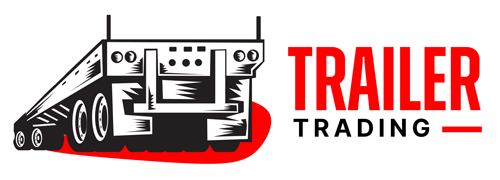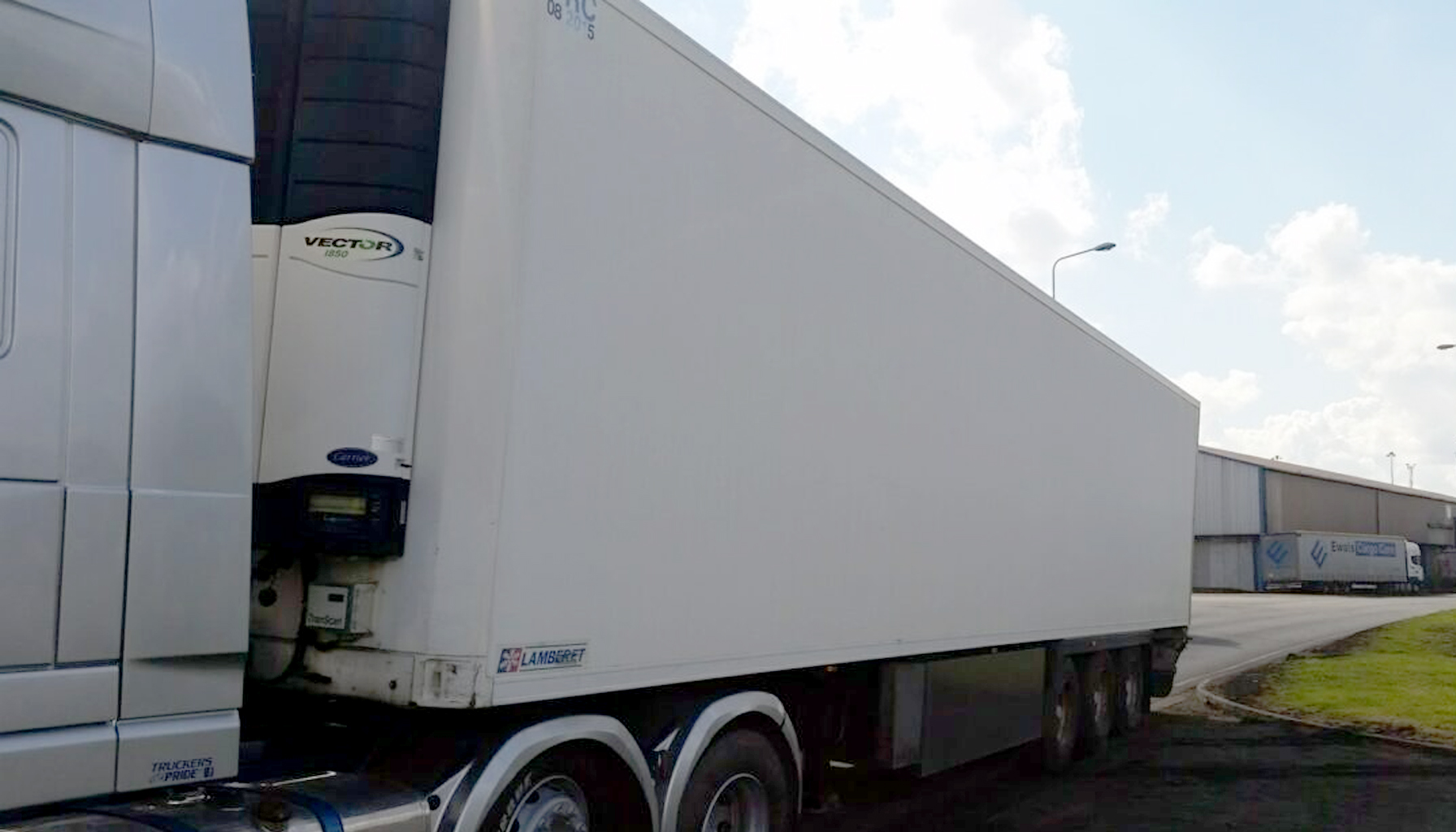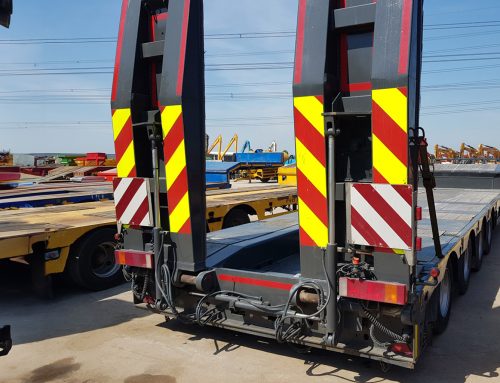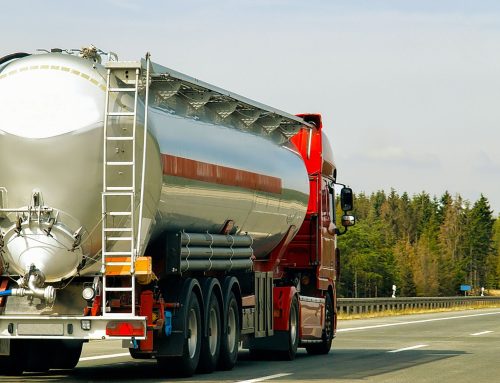Here at Trailer Trading, we’ve bought, sold and exported thousands of used semi-trailers, from flatbeds to lowloaders, curtainsiders, refrigerated, skeletal, tankers and bulk tipping trailers. Whilst every type of trailer is unique and built for a specific purpose, there are various key considerations when you’re buying a used semi-trailer. Below, we’ve put together a quick checklist, so you can ensure you’re buying a used trailer that’s not only fit for purpose but fairly priced.
General condition
The most sensible starting point is casting your eye over the trailer’s general condition. Has it been well looked after, or is it a trailer that’s looking very ‘patched up’? Like very workhorse, used semi-trailers will have the odd scratch or dent, so start by having a good checkover. It’s also worth kneeling down to check beneath the trailer and see whether the chassis is showing any signs of rot, or whether it’s damaged or twisted etc. If a semi-trailer has been overworked, and quite literally overloaded, the warning signs will be pretty clear, especially when you look at the axles and springs.
Wheels and tyres
As the only components that will touch the road, it’s crucial to ensure the used semi-trailer you’re purchasing has a good set of tyres. If that’s not the case, make sure you’re getting a considerable discount if they all need replacing. Good quality semi-trailer tyres can range from £150 to £300 in price, and even more, if you’re looking at premium brands, so it’s not cheap to replace a set. Wheels will also need to be looked at closely to ensure they haven’t been damaged from scraping or mounting curbs, or suffering from overtightening. Keep a close eye on rust marks here too. It’s okay to have some surface rust as you can easily treat spots of oxidation, however, rust that’s easily flaking off chunks of metal is obviously going to be a major issue.
Bearings
It’s not always going to be possible to lift the trailer and check bearings, however, if the opportunity does present itself, and the private seller or dealing is willing to allow you access to do so, it’s worth checking for noisy bearings. You have to keep in mind that sealed wheel bearings for trailers may need a hydraulic press, so again, this is not necessarily going to be an easy check.
Towbar
The towbar is a critical component as it secures the trailer to the tow vehicle. Check if the trailer has a built-in hitch lock. If it’s missing or you spot a damaged lock this could indicate a potential history of theft or attempted theft. For braked trailers, physically inspect the coupling by moving it side to side and up and down to see whether there is excessive movement. Also, examine the rubber gaiter on braked coupling hitches; if it’s split or missing, grease can escape and dirt can enter, leading to rapid wear, affecting brake functionality.
Brakes
We all know that functioning brakes are essential for safety. Observe any black grease around the hubs, which may signal that the brakes have been excessively worn or are sticking. Test the handbrake to ensure it holds firmly and check for seized or broken cables. All pivot points should be free-moving and well-lubricated to prevent future brake issues.
Chassis Plate
Ensure the chassis plate is present, intact and unaltered. The chassis number is crucial for insurance purposes and will also be necessary when ordering spare parts. Be cautious of missing plates or altered numbers, as these are common indicators of a stolen trailer. Taking the time to verify these details can save you a significant amount of time, money and stress in the future.
These are just a few of our top tips, but if you have any questions at all, or wish to speak to us about buying or selling a used semi-trailer, please contact us today.






